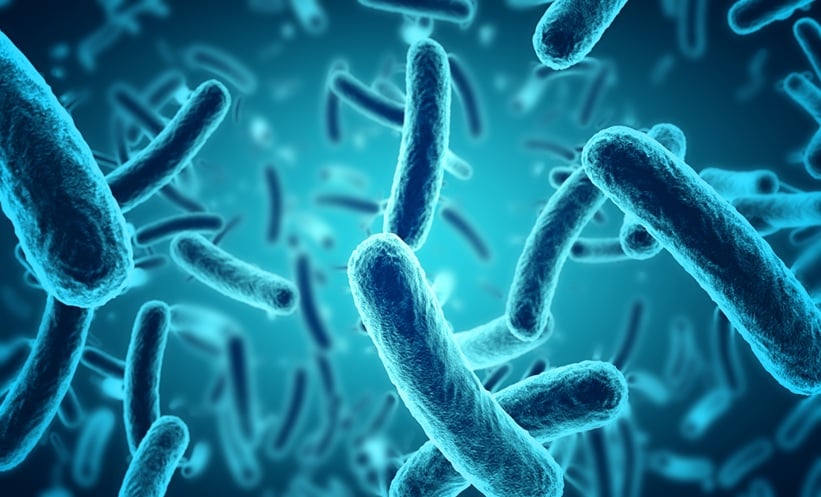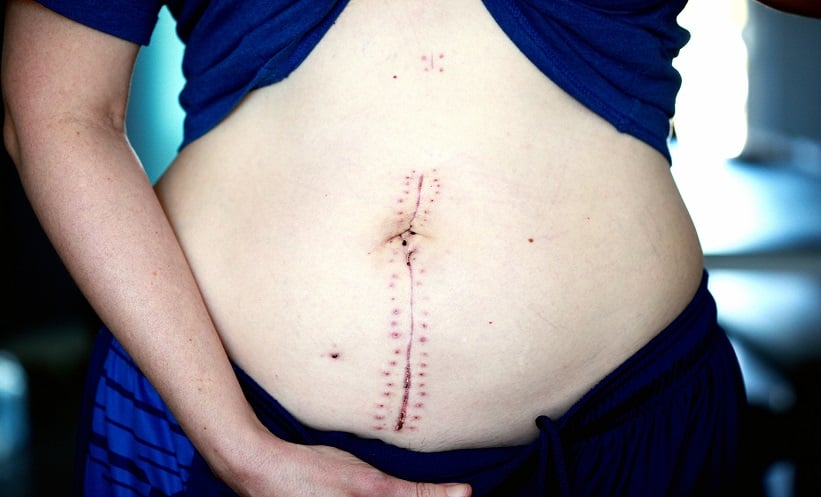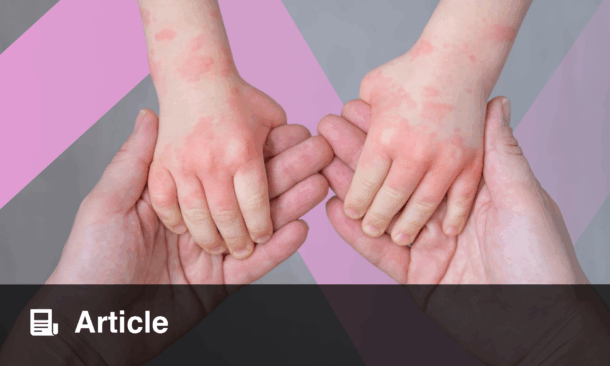THE SKIN is home to a dynamic ecosystem of microorganisms, bacteria, fungi, and viruses, that together form the cutaneous microbiome. This microbiome is highly individualised and varies depending on body location and environmental factors. Recent research now sheds light on the complex interactions between skin microbes and ultraviolet B (UVB) radiation, particularly focusing on a molecule called cis-urocanic acid (cis-UCA), a UVB-induced compound with known immunosuppressive effects.
Under normal conditions, commensal bacteria on the skin metabolise compounds from the environment and host, producing bioactive substances that can influence both their habitat and the host’s immune system. The study explored how UVB exposure and cis-UCA affect the microbiome of mice, revealing that certain bacterial species can utilise cis-UCA as a nutrient source. This bacterial activity reduces the availability of cis-UCA to exert its immune-dampening effects.
Interestingly, UVB exposure and topical application of cis-UCA led to changes in the skin’s microbial composition. There was a temporary increase in bacteria such as Staphylococcus epidermidis, known for possessing the “Hut” metabolic system capable of degrading urocanic acid. These changes impacted the host’s immune response to allergens, as Hut+ bacteria reduced the immunosuppressive effects typically seen with cis-UCA.
The findings suggest that manipulating the skin microbiome could influence the effectiveness of UV-based therapies used in treating conditions such as psoriasis and eczema. For instance, using urocanase inhibitors or modifying skin bacterial composition might enhance or suppress UV-induced immune modulation.
Further research in human subjects undergoing phototherapy is needed to validate these observations. Nevertheless, this work highlights the powerful role of the skin microbiome in modulating how the body responds to environmental stimuli, opening new doors for therapeutic interventions that integrate microbiology, dermatology, and immunology.
Reference
Patra V et al. Urocanase-positive skin resident bacteria metabolize cis-urocanic acid and in turn reduce the immunosuppressive properties of UV radiation. J Invest Dermatol. 2025;DOI:10.1016/j.jid.2025.03.035.








